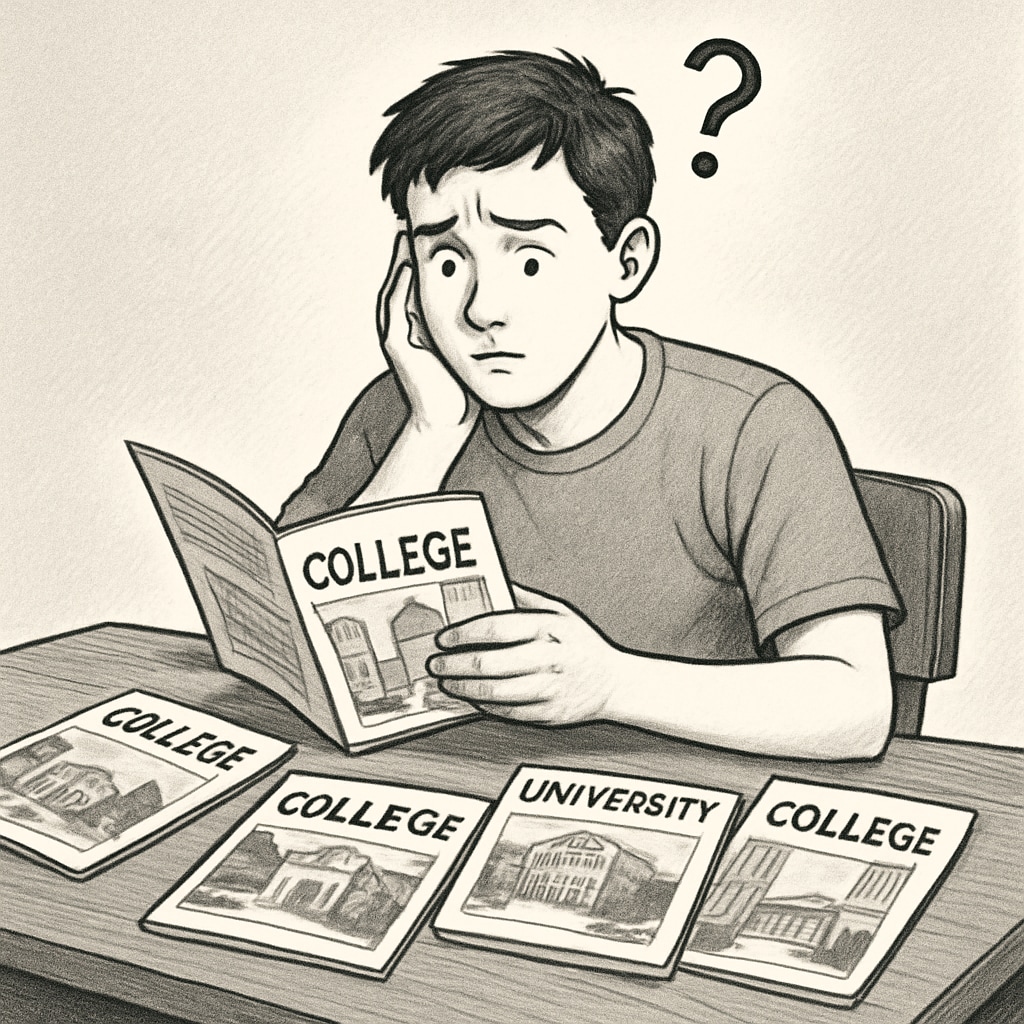Many college students face a professional interest crisis, leading to a loss of learning motivation and uncertainty in their academic journey. This issue often stems from gaps in the K-12 education system, where career exploration and interest cultivation remain underdeveloped. Addressing this problem requires a proactive approach in early education to guide students toward meaningful academic and career paths.
Why Professional Interest Crisis Leads to Learning Motivation Loss
Professional interest crisis arises when students pursue fields that fail to align with their passions, strengths, or long-term goals. As a result, they may experience diminished learning motivation, self-doubt, and dissatisfaction with college life. According to a study on motivation in psychology, intrinsic interest plays a crucial role in driving sustained engagement and performance.
Several factors contribute to this crisis:
- Lack of Career Awareness: Many K-12 students graduate without a clear understanding of potential career options.
- Parental Pressure: Some students feel compelled to pursue “practical” fields to meet external expectations.
- Limited Exposure to Diverse Interests: A narrow focus on academics often leaves little room for exploring personal passions.

The Role of K-12 Education in Preventing Professional Interest Crisis
To address the root causes of professional interest crises, the K-12 education system must prioritize career planning and interest development. Early exposure to diverse fields and structured guidance can empower students to make informed decisions about their academic and professional futures. For example, integrating career exploration programs in middle and high schools can spark curiosity and broaden students’ horizons.
Effective strategies include:
- Career Counseling: Schools should offer personalized career guidance and assessments to help students understand their strengths and interests.
- Project-Based Learning: Engaging students in practical, interest-driven projects can help them discover their passions.
- Parental Engagement: Encouraging open discussions between parents, students, and educators can mitigate external pressures.
Additionally, educators can leverage tools such as career aptitude tests or mentorship programs to provide students with hands-on experiences in various fields. As noted by Wikipedia’s career education overview, these initiatives create a foundation for lifelong learning and satisfaction.

Building a Systematic Career Planning Framework
A comprehensive career planning framework in K-12 education can significantly reduce professional interest crises among college students. This framework should emphasize the following elements:
- Early Start: Initiate career awareness activities as early as elementary school.
- Regular Assessments: Provide ongoing evaluations to track students’ evolving interests and skills.
- Diverse Opportunities: Offer workshops, internships, and extracurricular programs across various fields.
By implementing these measures, educators can create an environment where students feel confident in navigating their academic and professional journeys. As a result, they are less likely to face a lack of learning motivation or self-doubt in college.
In conclusion, addressing the professional interest crisis requires a collective effort from educators, parents, and policymakers. By fostering interest development and career exploration in the K-12 stage, we can help students build fulfilling and successful futures.
Readability guidance: Focus on short paragraphs and clear lists to enhance readability. Maintain a balance of active voice and transition words to ensure a smooth flow of ideas.


